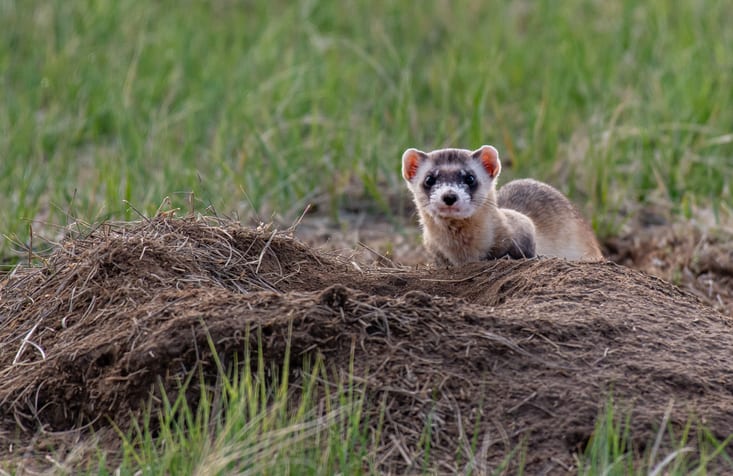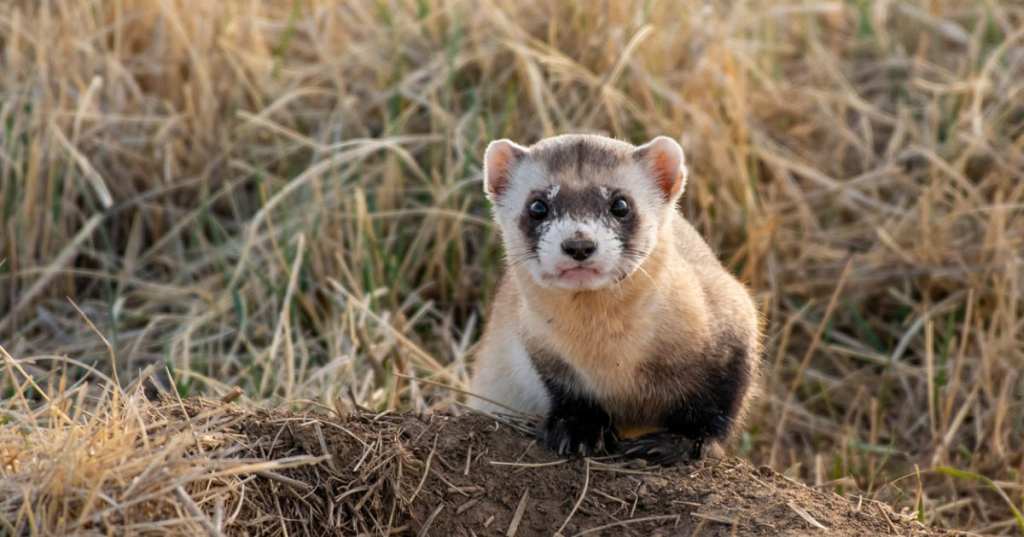I think it’s fair to say that we no longer live in an era where dead is necessarily the same thing as gone forever. Between medical advances, extreme life-saving measures, and cloning – not to mention that thing where people think we can upload our consciousness into a computer – I have no doubt that sometime in the near future, people are going to have to pretty much have to choose whether they want to stay gone after they die.
This black-footed ferret didn’t have a choice, I’m guessing, but scientist went ahead and basically brought it back from the dead after 33 years in the ground (or a freezer, more likely).

Image Credit: MSN
Black-footed ferrets were declared endangered back in 1967, and since then, an effort has been underway to ensure that we don’t lose them altogether. Every single black-footed ferret alive today was bred from a group of just seven animals, which means they could really use an infusion of fresh DNA.
Now, scientists have cloned a ferret named Willa in order to give that much-needed boost to the bloodlines.
Willa died in 1988 and was frozen, samples sent to a ‘frozen zoo’ run by San Diego Zoo Global. They maintain cells from more than 1,100 species and subspecies from all over the world, and hoped that one day, Will might be able to provide genetic diversity to a surviving population of black-footed ferrets.
For a long time, scientists thought they had been poisoned out of existence in North America by frustrated ranchers looking to protect their chickens, but the black-footed proved resilient. The population grew until an estimated 1,000 of the species live today in the wild.

Image Credit: iStock
Will’s tissue was used to make a cloned embryo, which was then implanted and carried to term by a domesticated ferret in Fort Collins, Colorado. The clone of Willa, though, has all of the instincts and aggression of her wild originator.
Her name is Elizabeth Ann and she’s being raised at a Fish and Wildlife Service, also in Fort Collins.
Scientists hope to use similar experiments to help cloned animals be able to survive in the wild, and perhaps even live seamlessly among others just like them. The success of this procedure gives hope to every animal lover out there who has watched a species they love become endangered or extinct. Just as Willa, who lives on in her exact copy, named Elizabeth Ann.
Wild, right? So you see, gone is not really gone forever.






